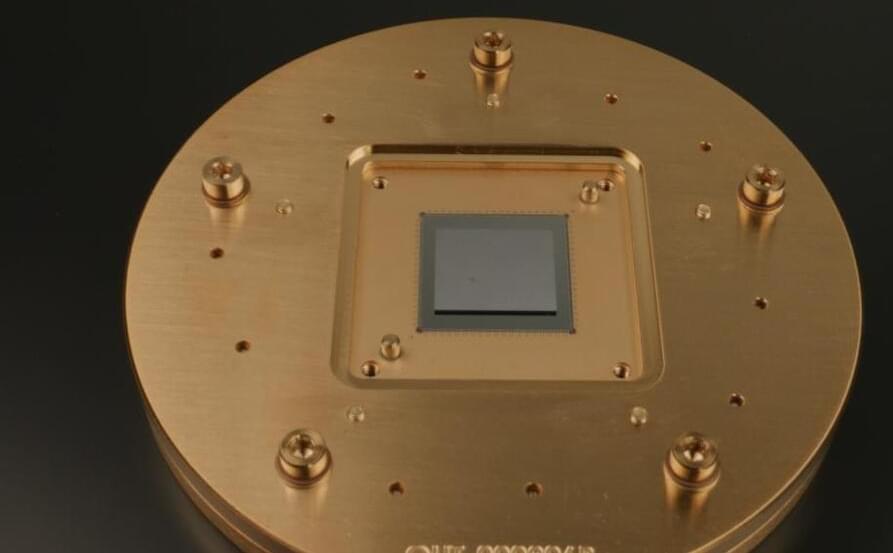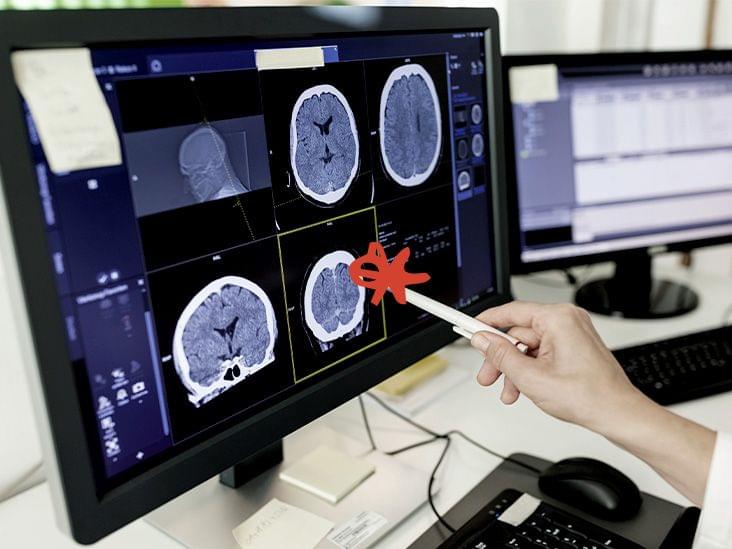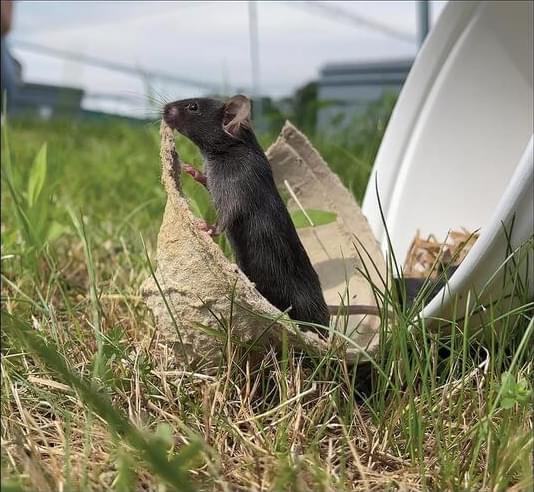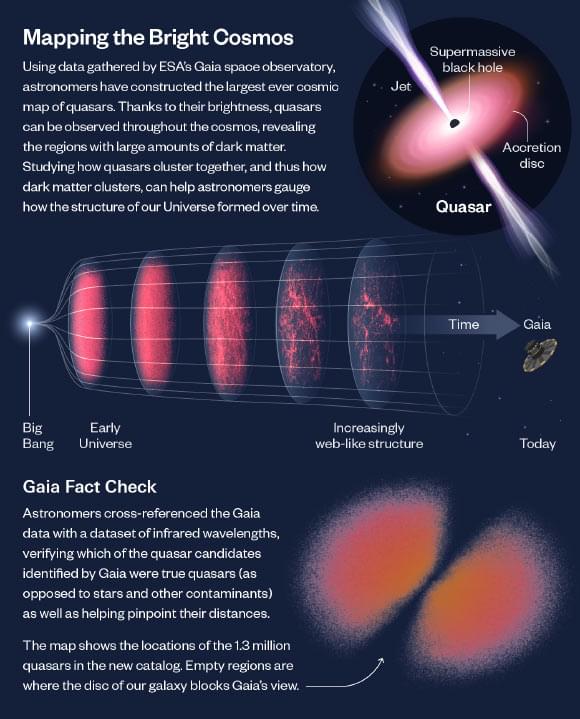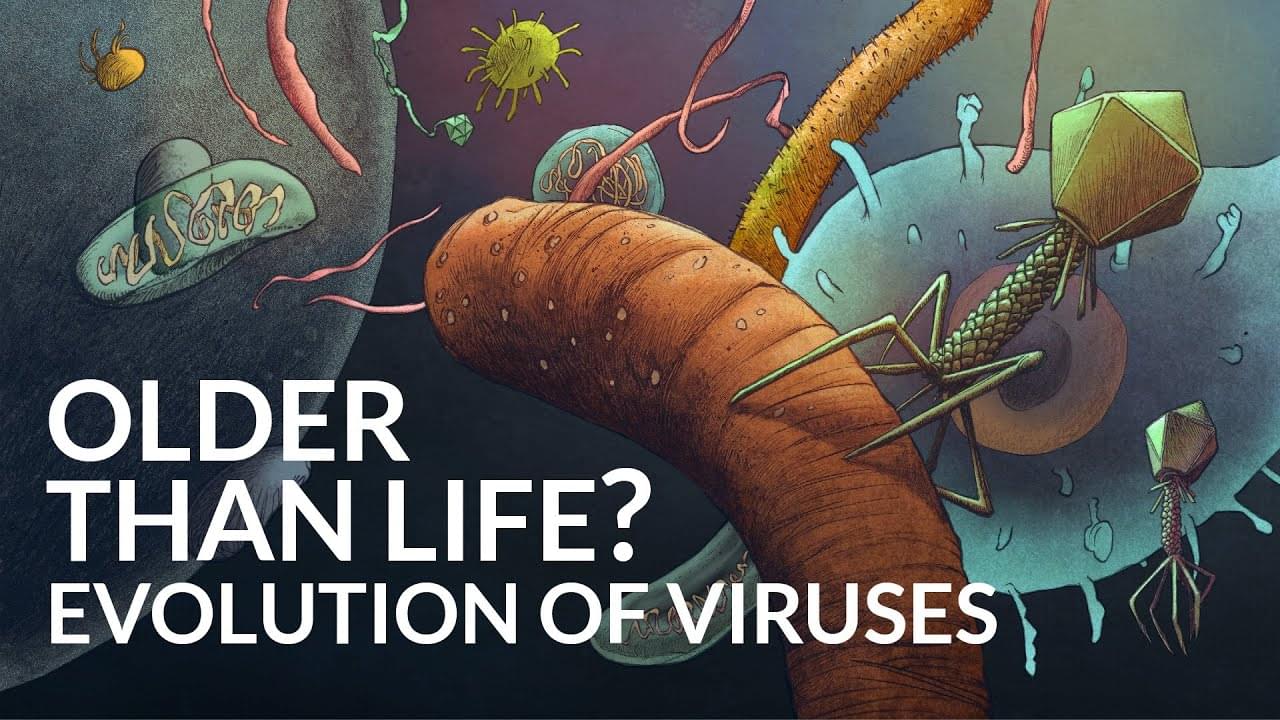Mar 21, 2024
AWS Reports Improved Quantum Error Correction based on Dual-rail Erasure Qubit
Posted by Cecile G. Tamura in categories: computing, quantum physics
Demonstrating a long-coherence dual-rail erasure qubit using tunable transmons.
AWS today reported demonstrating an improved approach to quantum error correction that accounts for flip and phase errors in qubits with less overhead (redundant qubits) and on time scales that allow for effective error correction. The work, published today in APS Physical Review X, uses what’s called dual-rail erasure qubits.
Broadly, qubits undergo three types, report AWS researchers Harry Levine and Arbel Haim, in a blog (A new building block for error-corrected quantum computers) today, “[The] vast majority of errors (96%) in our dual-rail qubit are erasure errors (leakage to |00 ⟩), with only a small fraction (4%) of residual (silent) bit-flip and phase-flip errors. This is a strong indicator that if we can accurately flag the erasures, then we can efficiently correct most errors that occur in this system.”
Continue reading “AWS Reports Improved Quantum Error Correction based on Dual-rail Erasure Qubit” »
